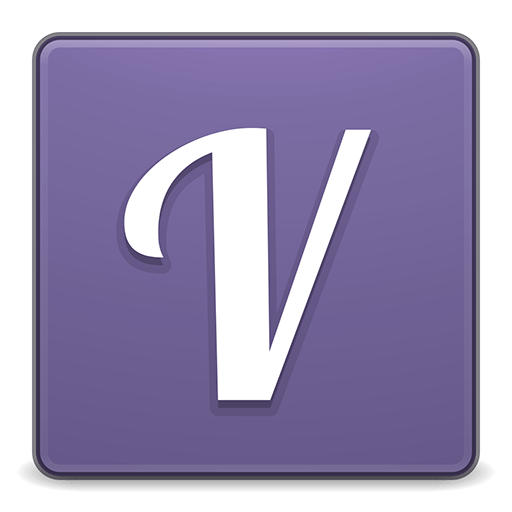Open Source Software
 Sushi Browser
Sushi Browser
Maximize the web browsing efficiency with Sushi Browser. Its a next generation multi-panel browser that provides tiling manager like features.
 Beaker Browser
Beaker Browser
The Beaker Browser is an experimental peer-to-peer web browser for the modern web. The browser allows people to create Hyperdrive websites from within the browser itself, without setting up servers or touching the command-line. These Hyperdrive sites allow other users to visit your site directly from your computer and can be setup using the built-in code editor and published with a single click.
 Cython
Cython
Cython is a free and open-source optimising static compiler and a superset of the programming language Python. Cython is designed to give C-like performance for code written with Python. The language also provides an optional C-inspired syntax and the ability to create CPython extension modules.
 Vala
Vala
A free and open object-oriented programming language with a self-hosting compiler that generates C code. Vala uses the GObject system and is syntactically similar to C# while introducing unique features like functions, signals, properties, generics, assisted memory management, exception handling, type inference, and foreach statements. Vala makes it simple to target the GNOME stack and is also used for writing applications to the operating system elementary OS.
 Perl
Perl
Perl is a family high-level, general-purpose, interpreted, dynamic programming languages. The project is open-source and has been in community development for over 30 years. Perl is a highly capable language and feature rich language with over 25,000 community created extensions.
 Hack
Hack
Developed by Facebook as free and open-source dialect of PHP, Hack is a programming language for the HipHop Virtual Machine. Hack is licensed under the MIT License and allows developers to use both dynamic typing and static typing.
 Modula
Modula
Modula is a programming language that innovates on the progress made by Pascal. Modula introduces a new module system, used for grouping sets of related declarations into program units. The language was first developed in Switzerland, at ETH Zurich in the mid-1970s by Niklaus Wirth, the creator of Pascal.


